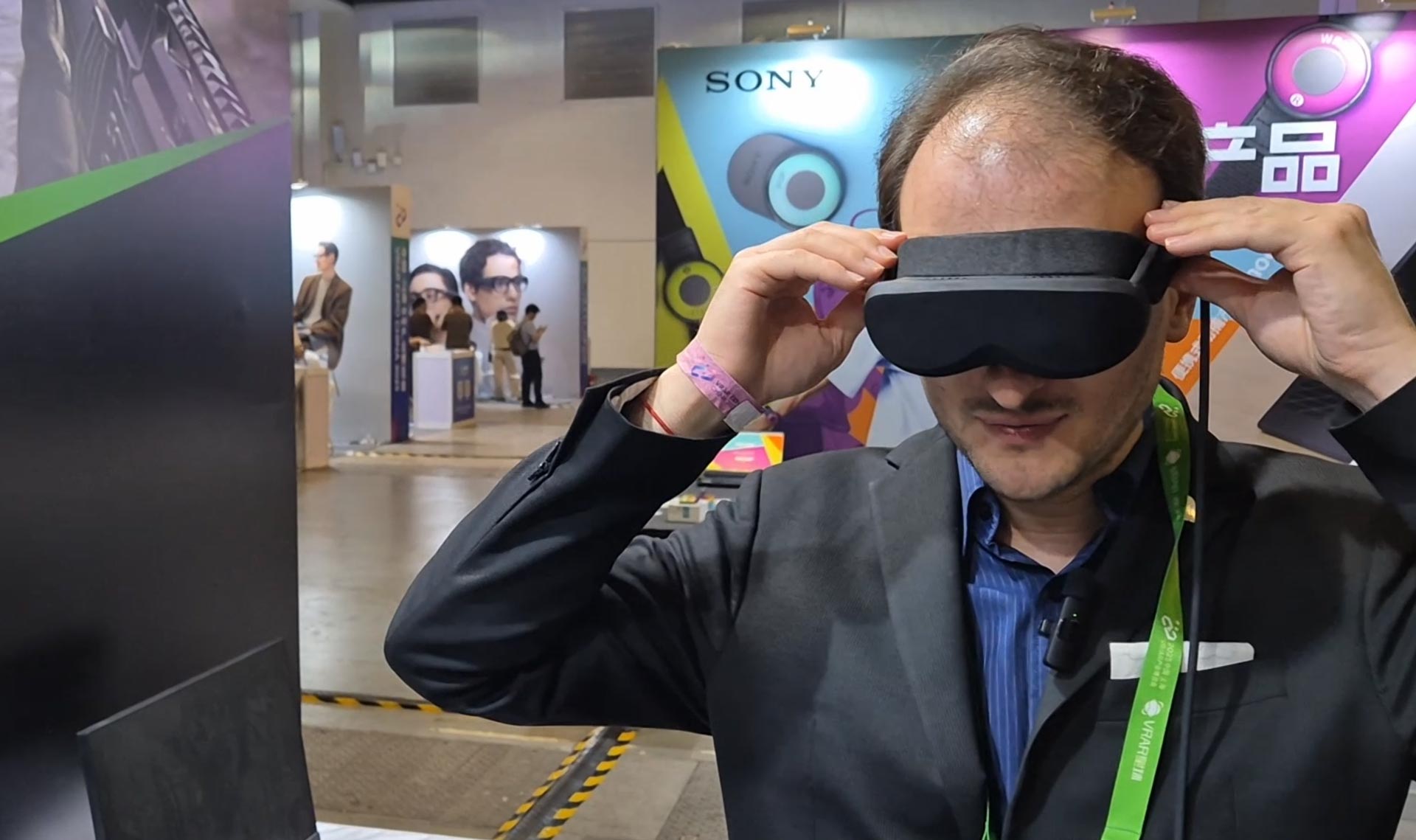Virtual sickness: it depends on age or sex?
Some days ago I published this article about motion sickness. I shared it on Linkedin groups where I got in touch with a very interesting man, Steven Aukstakalnis, that gave me more info about this topic. He gave me some references and I started doing some researches with them and through Wikipedia. It has been very interesting and I want to share some info I got during this process. Obviously this article won’t be a complete review on motion sickness, but will provide some useful hints. If you want, there is a lot of research papers out there that you can read: people are researching on virtual sickness since a lot (some articles date in the 80s). I wonder if these researches from long time ago still hold today, when the headsets are completely different, but this is just another topic. Before beginning, to show my kindness to Steven, I want to say that he’s written a great book, Practial Augmented Reality, with this and many other considerations on AR and VR.
So, some new infos about motion sickness:
- Wider FOV means more motion sickness. This may sound strange, because we all want the greatest possible FOV for our headsets, but it has been demonstrated that this actually increases sickness. This could be a reason why the vendors are slowly increasing the FOV of their devices, who knows.
- The more the user is immersed, the less he feels motion sickness. It may be seems obvious, but there have been researches about it.
- Postural instability leads to sickness. What do I mean with postural instability? Well, the ability of the body to stand erect still, to react to various stimuli and continuing remaining still. There has been an experiment when users where exposed to a wall (so no virtual reality!) with on it a pattern moving with a certain oscillation related to the normal obscillation of the body (when we stand still, we actually oscillate a bit). They started to fill sick because the body couldn’t understand how it should manage to stay erect and still. The same studies have shown that observing body oscillations you can predict if someone is going to feel motion sickness. So, if you are unable to react properly to certain visual stimuli, you automatically start to suffer from cybersickness in VR. There are researchers that think that postural instability is the true reason of all motion sickness and that sensors difference between vestibular and visual system are not. I’m not a scientist… so, sorry, but I can’t help in this discussion 🙂

A lot of people asks me if motion sickness depends on age and gender. This is what researchers have found:
- Gender: Cybersickness affects more women than men. Maybe it is due to hormones (sickness increases during ovulation) or due to a wider FOV of women, but that’s it. It has been dimonstrated… and I experienced this too in trials of our ImmotionRoom system.
- Age: as Wikipedia says: “Susceptibility to motion sickness is highest between the ages of 2 and 12. It then decreases rapidly until about age 21, and continues to decrease more slowly after that. It has been suggested that virtual reality sickness might follow a similar pattern, but more recent research has suggested that adults over the age of 50 are more susceptible than younger adults to virtual reality sickness.” So the ideal age to use VR is something between 13 and 50 years. Remember the minimum age limit imposed by Oculus? 13 years… isn’t it? This may be one of the reasons why they chose that threshold. Giving motion sickness to a child is not that great.
- Ethnicity: Chinese women have been demonstrated to be the most sensitive to virtual reality sickness. Also Tibetans and northeast Indians are not that happy with VR. This makes me think that the eastern part of the world is the one that suffers the most from virtual experiences. This seems strange to me, because we all know that in China virtual reality is becoming very very huge.

- Similar sicknesses: who is very prone to sickness while in car or on an airplane seems more prone to feel bad in VR, too.
- Being used to virtual stimuli: as I’ve already said, using a lot virtual reality makes you immune to virtual sickness, because your brain and your body becomes used to this new kind of weird stimuli and so the brain stops to perceive a danger from the new perceptions. What is very interesting is that the brain is able to “transfer” this ability between similar systems with similar stimuli: that’s why when we get used to a headset, we get used to every headsets; and that’s why, as I’ve noticed in exhibitions, hard gamers used to play crazy games with crazy visual stimuli suffer very few from virtual reality, even if they’ve never tried it before (the brain is used to interpret visual stimuli from the games they play while they sit on a couch, maybe on huge screens, so transfers this “knowledge” to VR).
And that’s all: hope to have given you some new interesting info. Of course, a citation of Wikipedia is needed, so this is the link to their very interesting article, with all the sources at the bottom of it.

And you, if you liked this article, please like and share it or I will suffer from social sickness 🙂
Disclaimer: this blog contains advertisement and affiliate links to sustain itself. If you click on an affiliate link, I'll be very happy because I'll earn a small commission on your purchase. You can find my boring full disclosure here.



